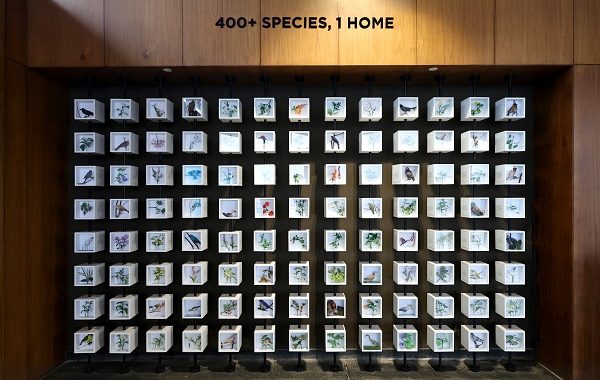Try Disciplined-Based Educational Research to Explore New Horizons

Disciplined-Based Educational Research (DBER)
In academics, disciplined-based educational research is necessary to deliver tremendous learning abilities to the learners and challenge the developing educational scene in a new way. It is said that if one can lay down a fact in the simplest terms, only then they have understood it completely. The same comes with teaching, which challenges one’s basic understanding of the fundamentals and the broader context of the field.
The support to develop the skills in teaching is however provided rarely, as there can be several knowledgable people in the field of education. But that does not imply that they have the ability to teach the best. A degree does not prepare one to teach others. They can master the subject while learning it gradually, but understanding the deeper and detailed elements can be missed out.
Stepping out of the comfort zone and trying the disciplined-based research is beneficial in successfully encouraging the behavioral change among the teachers. It engages them in developing a perception of educating others to make a real difference to the community through their academic knowledge. Therefore, committing to discipline-based educational research leads to develop new pedagogy and earn the qualification required for tenured academics.
Academic evolution
The academic sector has seen the revolution in the present times, discarding the old teaching methods and introducing new pedagogy has become vital to improve the teaching methods and deliver information to students. Several assessments are included in modules to develop competency and the effective application of combined knowledge and skills. To develop the research sector, students can be used as countable resources in building educational research and gathering valuable information at minimal costs to have greater impacts on our lives.
Benefits for Teachers and Societal advancements
Discipline-based educational research has limitless bounds. Everyone can get involved to deal with both research and education components. Individuals will acknowledge the issues related to capacity and knowledge through the competency approach in the fast-moving field. Teachers contribute to several fields of research but teaching pedagogy can only be improved from the feedback of students, who can address debatable subjects like how to sustain during climate change and pro-environmental behavior benefits to a larger community.
Teaching in schools can be enhanced by exposing students to college life and helping them in building strong community links. Teachers develop conceptual ideas which they can instruct to students using mathematical-modeling and critical thinking. The entire society can be inspired by their theories and explanations which can catalyze effective political and social changes beneficial for the world.
Benefits for Students
Individuals who are directly pertained to disciple-based educational research can educate students on recent issues regarding sustainable development and climate change, these novices show improvements in critical thinking, presentation skills and problem-solving. Students are encouraged to expand their knowledge which becomes profound and perpetual, their creativity and decision-making skills on complex problems are enhanced, their analysis and practical knowledge develop. The curriculum provides the opportunity to work with institutions and appreciate the student-centered assessments. The research field helps them procure fame for their work.









